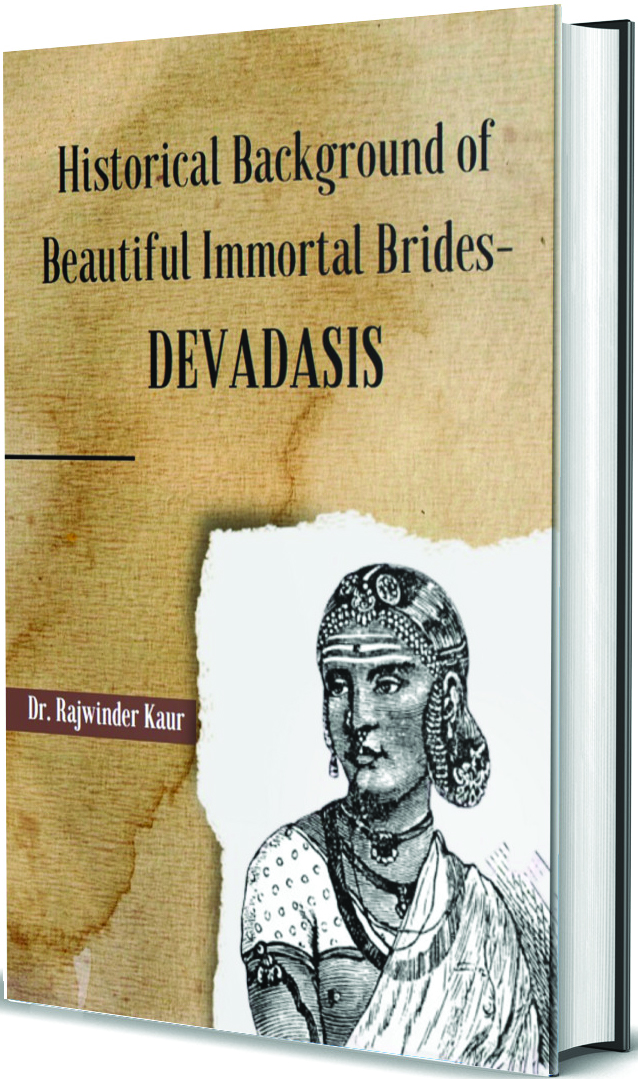In my debut book, I embark on a compelling exploration of the Devdasi system in India, unravelling the intricacies of a tradition deeply rooted in history yet fraught with controversy and social implications.
The Devdasi system, historically linked to temple rituals, has evolved over centuries, and my book delves into its origins, tracing the cultural, religious, and socio-economic forces that shaped this unique practice. Through meticulous research and first-hand accounts, I aim to shed light on the nuances of a tradition that has been both revered and condemned.
The narrative unfolds against the backdrop of Indian society, where the Devdasi system has undergone significant changes. From being dedicated to temples and serving as dancers and musicians, Devdasis have faced marginalization and exploitation over the years. My book strives to capture these shifts, examining the impact of societal changes, legal interventions, and advocacy efforts on the lives of Devdasis.
Throughout the narrative, I weave a tapestry of historical context, sociological analysis, and personal narratives to provide readers with a comprehensive understanding of the Devdasi system. The complexities of tradition versus modernity, spirituality versus exploitation, and cultural heritage versus human rights are carefully examined, inviting readers to ponder the intricate balance between preserving cultural heritage and safeguarding human dignity.
My book explores the challenges faced by Devdasis, the stigmas attached to their identity, and the broader implications on the status of women in Indian society. It is my sincere hope that this book contributes to a more informed and compassionate discourse surrounding the Devdasi System in India, paving the way for a future where tradition and human rights can coexist harmoniously.
I want to express my profound thanks for the significant contribution and role different people played in making my debut book a reality.

